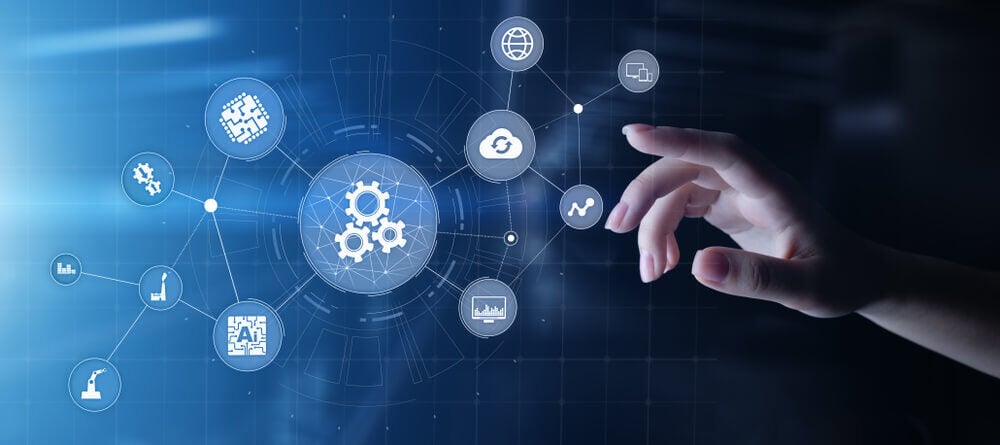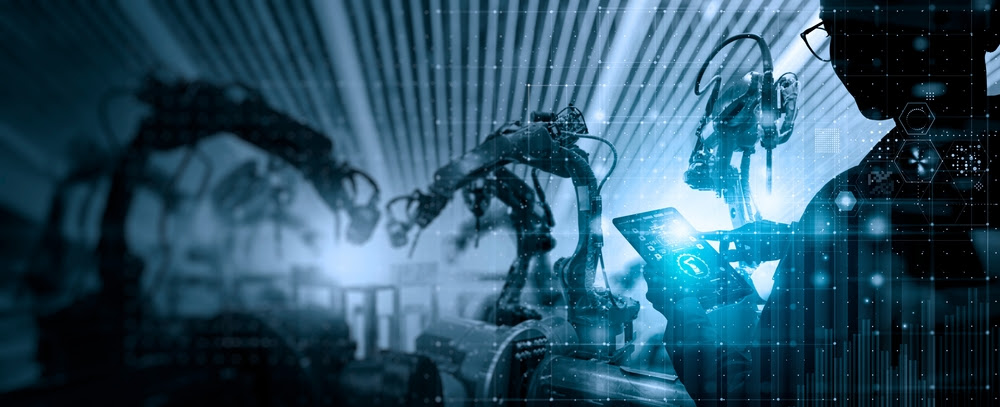The internet of things (IoT) and Industry 4.0 are more than hyped-up marketing terms, however oversaturated they may be at this point. We can be certain that industrial operators are expected to better exploit data for the competitive advantage alone.
The digital transformation of industry has introduced immense opportunities for collecting data, and IoT solutions allow data to be collected from nearly all stages of production processes. Data goes beyond just figures – it is fuel for decisions, maintenance and optimisation.
So how can we make sure that data is useful for your company’s management and the key persons throughout your organisation? And how can IoT be used to achieve a competitive advantage? Read more in this article.





